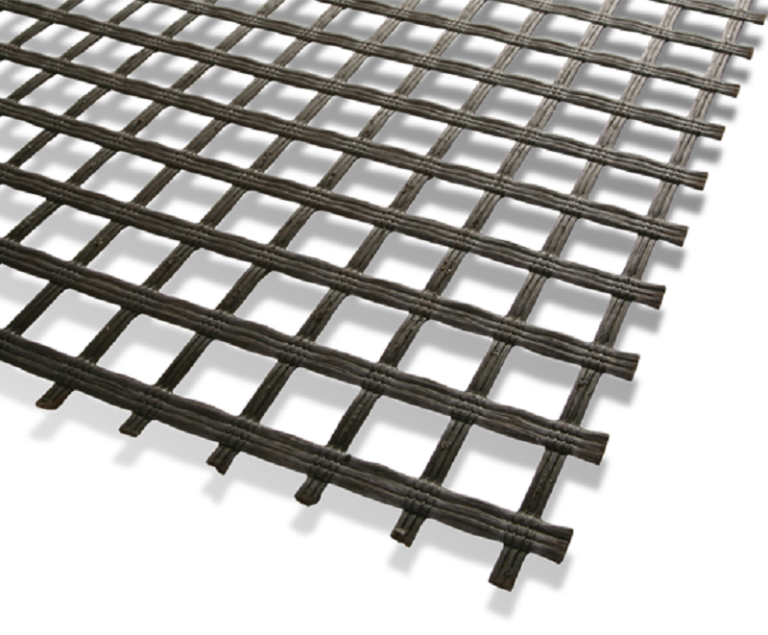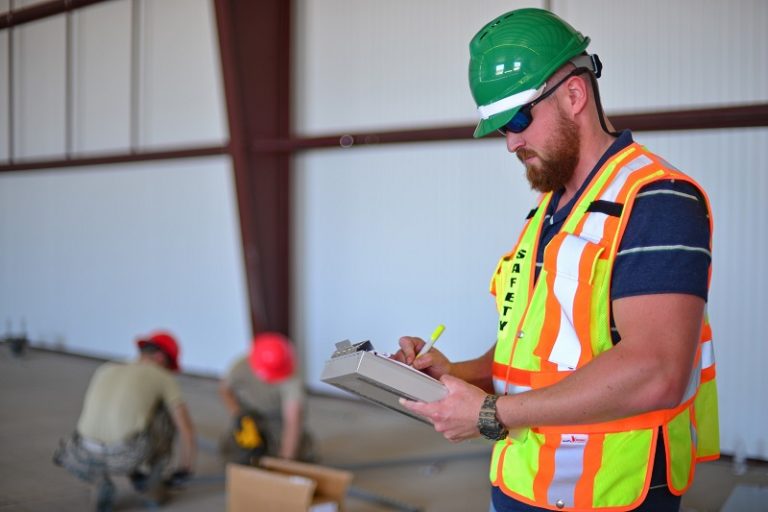The BBC today unveiled an innovative, architect-designed mobile recording studio, commissioned for BBC Radio 4’s The Listening Project. The design was selected as part of an international design challenge organised by the Royal Institute of British Architects (RIBA). Designed by London architecture firm JaK Studio in conjunction with innovation consultancy Seymourpowell, and taking the form of a speech bubble, the Listening Booth will tour the country to record and share conversations with people around the UK for broadcast by the BBC. The Listening Project Booth will be officially launched with a special live BBC Radio 4 broadcast on Tuesday 9 June at 9am outside BBC New Broadcasting House, with Fi Glover. Inspired by the iconic Airstream ‘caravan’, the lightweight, aerodynamic booth has been hand crafted on a standard trailer base. Behind the speech bubble’s plain polycarbonate ’skin’, lies an interactive light sculpture, created by Light IQ, that responds and reacts to conversations happening inside. Internally, sophisticated acoustic treatments – perforated ceiling rafts, insulation, acoustic furniture – have been carefully integrated. The result is a warm, intimate and accessible environment where people can feel relaxed, uninhibited and comfortable opening their hearts and conversations up to the nation. The ambience has been designed to engender a ‘home from home’ feel; a log burner and decorative flying ducks add warmth and a touch of nostalgia. RIBA President Stephen Hodder said: “The Listening Project Booth is a brilliantly witty project and a great piece of product design. It was the unanimous choice of our competition judges and I’m sure will inspire those who see it on the road and share their stories within it.” Tony Phillips, Radio 4 commissioning editor and one of the judges on the panel that awarded the design commission to JaK Studio, adds: “I’m delighted that we are now able to share the wonderful Listening Project Booth with the world. “The idea behind the Booth was to bring The Listening Project to people up and down the country and to create a unique and welcoming place for them to share significant moments in conversation. The JaK Studio design achieves exactly that and is a fitting beacon for The Listening Project as it moves into its next phase.” Jacob Low – Partner, JaK Studio said:“To be selected to design an environment for such a unique and special project has been a privilege and a pleasure. Beyond the practicalities, we wanted to create a booth that celebrated the power and intimacy of conversation. From the reactive light sculpture that visually captures the dynamics of speech to the home-from-home touches that make the interior space a cosy cabin in which to retreat. For the ensuing months that the speech bubble booth will be on the road, it will be the definitive place for people to share with us the story of their lives, and we’re thrilled that they will be doing so in an environment that represents so many heartfelt moments of our own.” – Ends – Notes to editors 1. For further press information contact Melanie Mayfield, RIBA Press Office melanie.mayfield@riba.org 020 7307 3662Conor Dwan, BBC Radio 4 Press, conor.dwan@bbc.co.uk 07714 956 797Tim Duncan, TDC PR, on behalf of JaK Studio tim@tdcpr.com 07729 479166 2. Images of the Listening Project Booth can be downloaded from https://riba.box.com/s/26yjxs9zpyuzdbeko7fkaz7t90efk24w 3. JaK Studio’s design for the Listening Project Booth was selected as part of an international design challenge launched by the Royal Institute of British Architects (RIBA) in 2013. RIBA Competitions delivers variety, inspiration and value through expertly run design and architectural competitions. For further details visit www.architecture.com/competition 4. The Listening Project, presented by Fi Glover, is a Radio 4 initiative launched in 2012 in partnership with BBC Local Radio and the Nations, in which people across the UK volunteer to record a conversation with someone close to them about a subject they’ve never discussed intimately before. The conversations are being archived by the British Library and used to build up a collection of voices capturing a unique portrait of the UK in the second decade of the millennium. The project has had an impact on many people’s lives already, as well as producing some truly memorable radio moments. Now it is getting ready to go on the road, travelling around the country to enable as many people as possible to become involved. 5. Listening Project Booth credits:Architects & designers: JaK Studio Llp www.jakstudio.co.ukProduct designers: Seymourpowell www.seymourpowell.comEngineers and Coachbuilders: Spectra www.spectra.uk.netLighting designers: Light IQ www.lightiq.com Branding: Brash Brands http://www.brashbrands.comSound consultants: Delicious Digital www.deliciousdigital.comConsulting structural engineers: Car Ltd www.carltd.comApproved inspectors: Thames Building Control www.thamesbuildingcontrol.co.uk 6. The Royal Institute of British Architects (RIBA) champions better buildings, communities and the environment through architecture and our members www.architecture.com 7. Follow us on Twitter for regular RIBA updates www.twitter.com/RIBA
Posted on Tuesday 12th May 2015
Source link









